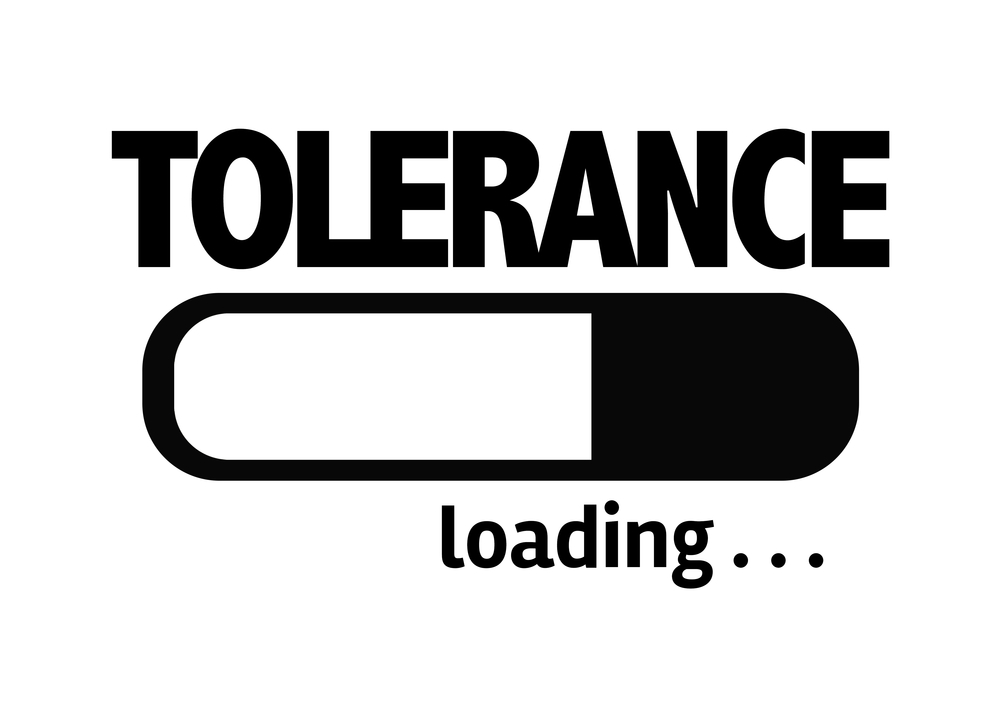
If you’re a certain kind of nerd who follows a certain kind of blog roll, you’re probably familiar with Scott Alexander’s writings on the motte-and-bailey fallacy. This is a close cousin of the classic fallacy of equivocation, where the same word is used to mean different things during an argument. The fallacy of equivocation, in its most blatant form, looks something like this:
Taxes are a headache. Tylenol eliminates headaches. Therefore, Tylenol eliminates taxes.
Do you see the mistake? Of course you do. What we mean by “headache” when we use that term to describe taxes is not what we mean by the same word when we talk about the effects of painkillers, so obviously statements about painkillers don’t apply to taxes. The motte-and-bailey fallacy, as Scott Alexander describes it, is more of a sneaky argumentative tactic than a logical fallacy – he also suggests the less clunky term “strategic equivocation” to describe it. In his words:
I’ve noticed something like a motte-and-bailey happening over the last few years with the idea of tolerance. Tolerance, we are told, is a virtue, and to be publicly labeled as an intolerant person is to walk around carrying a scarlet letter “I” for the rest of your days. But what tolerance means, and what it requires, seems to be shifting. Originally, tolerance was meant in quite a literal way. To be tolerant of something was, well, just that. It simply meant that you tolerated it – you put up with it. You could dislike it, grumble about it, openly disapprove of it, and avoid it, but as long as you put up with it, you had fulfilled your obligation of tolerance.
These days, however, the goal post has shifted. Tolerance is no longer a call to simply tolerate something. It now means something more like active approval and affirmation. If you disapprove of X, or if don’t actively support and affirm X, you are therefore, now, intolerant of X. But…that’s nonsense, right? Surely, we all know that it’s possible to disapprove of something but still tolerate it, right? That’s where the motte-and-bailey comes in. It seems very common for people to demand “tolerance as positive acceptance” on the one hand, but later insist they’re only after “tolerance as being tolerated” when even slightly pressed.

Classical tolerance does not mean approval, it does not mean affirmation, it does not mean acceptance – it just means tolerating something. Wanting gay marriage to be made illegal is intolerant of gay marriage. Trying to pass a burka ban is similarly intolerant. But you can disapprove gay marriage or burkas and still tolerate them.
I believe in classical tolerance. To insist on your right to be tolerated, however you define it, is also to place an obligation on others. Classic tolerance, the sort of thing tolerance originally meant, places a justifiable obligation on others. It doesn’t require their approval. Indeed, I can clearly recall how those insisting on tolerance in decades past made it clear that approval was not required or even necessarily desired. The attitude was, “It doesn’t matter if you approve of me or not – your acceptance is not what I’m after. Just leave me free to live my life as I see fit, and to pursue happiness as I wish, and you can stew with disapproval about it to your hearts content, for all I care.”
Tolerance as acceptance, however, is placing a much greater demand on people. It says “It’s not enough that you leave me to live my life in peace. You must also approve of how I live my life. I have a right to require that your personal thoughts, feeling, and convictions be favorably disposed towards me – if they are not, you have failed in your obligations to me.” This is too much. People don’t have a right to prevent you from living as you wish, but they do have a right to be wrong.
Kevin Corcoran is a Marine Corps veteran and a consultant in healthcare economics and analytics and holds a Bachelor of Science in Economics from George Mason University.

READER COMMENTS
Mactoul
Sep 19 2022 at 9:22pm
Tolerance implies disapproval. One tolerates a wrong for sake of something greater good.
And what is being tolerated has corresponding obligation not to abuse the toleration extended to him.
For instance, tolerance of homosexuality means that the homosexuals should not flaunt their homosexuality in public.
Jon Murphy
Sep 20 2022 at 6:58am
I see what you’re saying in your first paragraph, but you start to lose me with the second and third.
What seems to be missing is a “reasonability” standard. For example, what does it mean to “not to abuse the toleration” and “not flaunt their homosexuality in public”? I say, to clear away ambiguities, you need to judge whether the behaviour is reasonable given basic human dignity and custom. Is holding hands or even kissing in public “flaunting”? I’d say it’s reasonable behavior accepted for many kinds of relationships and therefore is reasonable with homosexuality. Without a reasonability standard, intolerance can rule the day.
Of course, what is reasonable is squishy and dependent on time and place. It’s reasonable, and thus tolerable, for me to mow the lawn at noon on a Saturday. Not so much at 2am; then the behavior becomes intolerable.
In short, I see the beginnings of what you are saying, but I fear you risk getting into a motte & bailey yourself or inversing the logic of tolerance
Mactoul
Sep 20 2022 at 9:10pm
Anthony Esolen explains the relation between tolerance and the tolerated:
https://theimaginativeconservative.org/2012/11/toleration-and-reciprocity.html
Jon Murphy
Sep 20 2022 at 9:49pm
Ok? I don’t really see how that answers my objection
Mactoul
Sep 21 2022 at 5:59am
Talk of tolerance itself implies that the behavior being tolerated is wrong. But it is tolerated for sake of other things. Esolen himself gives examples. Co-inhabiting unmarried couple must be restrained in public.
Reasonablity is implicit in this process of weighing pro and cons of morally objectionable behavior.
Jon Murphy
Sep 21 2022 at 6:45am
That’s incorrect. Nothing about tolerance implies the behavior is wrong. Your original formation, that tolerance implies disapproval, is more correct.
A perfect example: last night, one of the neighbors down the road had a party in their yard. I like peace and quiet, but the peace and quiet was disturbed. While I disapproved/was mildly annoyed by the behavior, no one can reasonably say it was wrong.
Intolerable behavior seems to me the point where “wrong” comes into play. Thus the reasonableness standard I think is missing.
I think the reciprocity argument suffers from other shortcomings as well, but the big one is reasonableness
MarkW
Sep 20 2022 at 9:55am
<i>I have a right to require that your personal thoughts, feeling, and convictions be favorably disposed towards me – if they are not, you have failed in your obligations to me.</i>
Yes, and merely keeping your tolerant disapproval to yourself is not enough — hence the use of Implicit Association Tests in diversity training intended to detect whether or not implicit bias has crept into your subconsciousness (and needs to be remedied). Could Orwell have improved on <a href=”https://www.psychologicalscience.org/publications/implicit-bias-remedies-may-2022.html”>this</a> (or would it have seemed too far fetched?):
<i>Some researchers have suggested interventions at the individual level to weaken or eradicate implicit biases. Others have recommended training programs administered to groups to overcome biases more broadly, including implicit ones. Both approaches appear to be inefficient. A third, potentially more-promising approach involves intervening at the institutional level and treating implicit bias as a public-health problem.</i>
David Seltzer
Sep 20 2022 at 1:11pm
Indifference might be a better alternative to “tolerance.” It is unimportant to me as to how one chooses to live their life or pursue their purposes. They are as free to choose as I am. If they are not, neither am I.
Mactoul
Sep 20 2022 at 10:32pm
Indifference doesn’t appear to be a stable point.
See how rapidly the society went from compulsory disapproval of homosexuality to compulsory affirmation of it.
Thomas Lee Hutcheson
Sep 20 2022 at 6:17pm
Yes. Tolerance in the strict sense is pretty seldom used. Usually what is called “intolerance” is in fact hostility.
Knut P. Heen
Sep 21 2022 at 1:13pm
For a classical liberal, there is a big difference between saying “I will not tolerate drugs in my house” and “I will not tolerate drugs in my country”. Most other people cannot see the difference.
nobody.really
Sep 21 2022 at 10:11pm
Frédéric Bastiat, “Justice and fraternity,” in Journal des Économistes (June 15, 1848)
Dr Martin Luther King, Jr., Speech on Receipt of Honorary Doctorate in Civil Law, University of Newcastle upon Tyne (November 13, 1967)
Comments are closed.